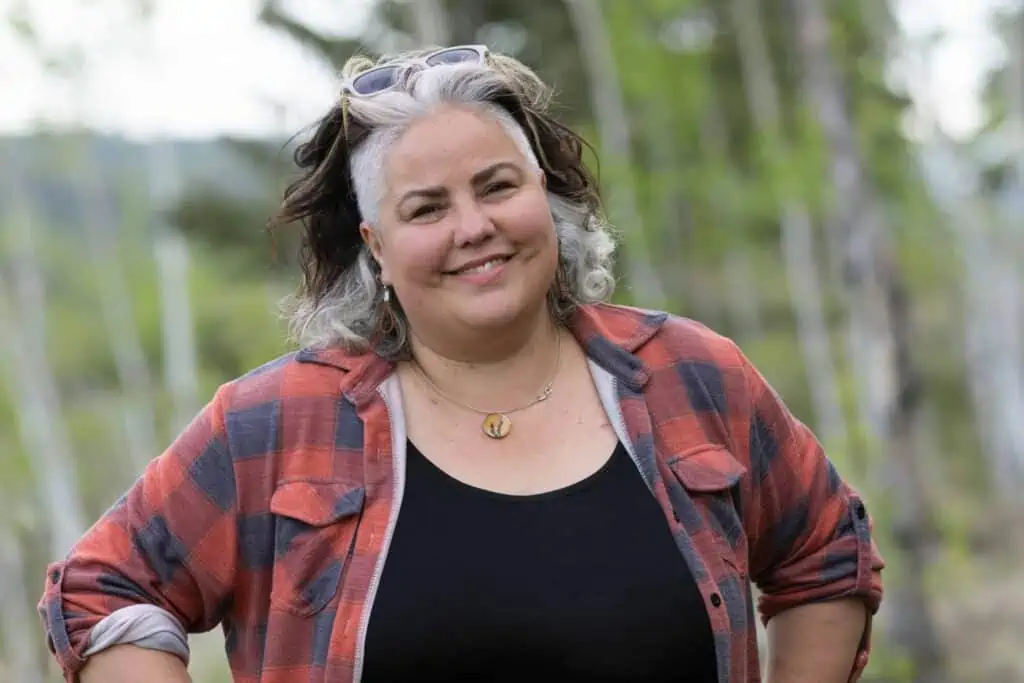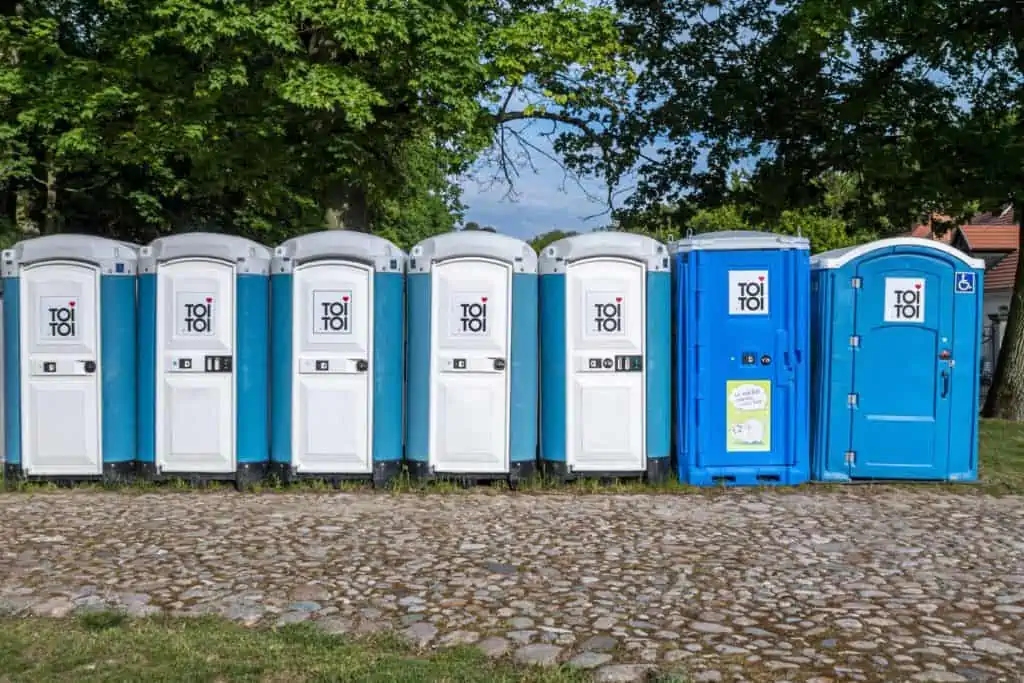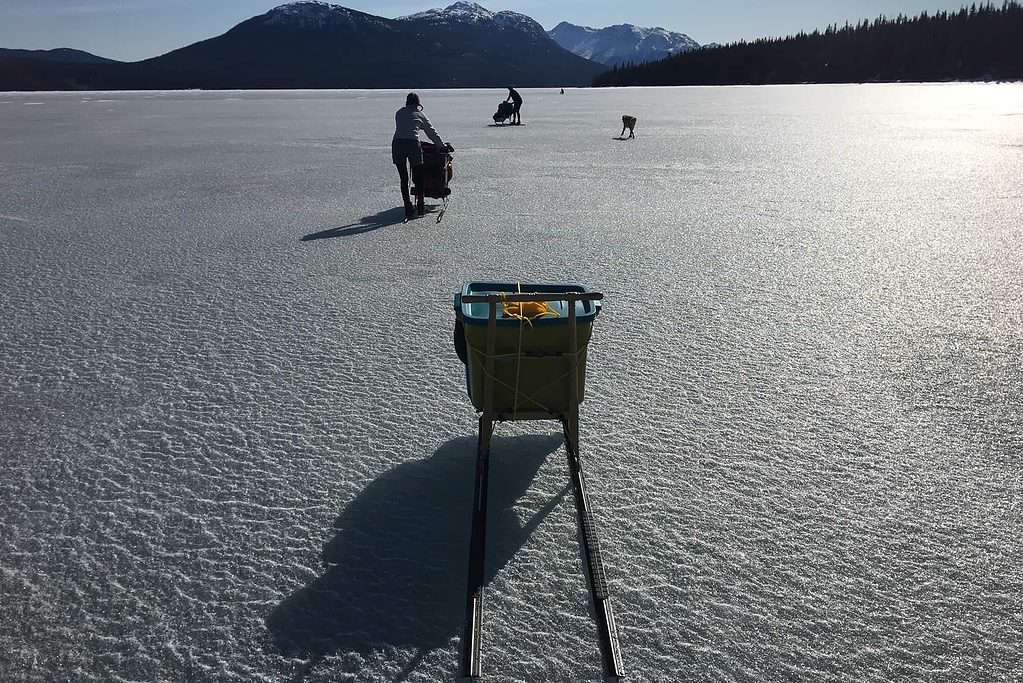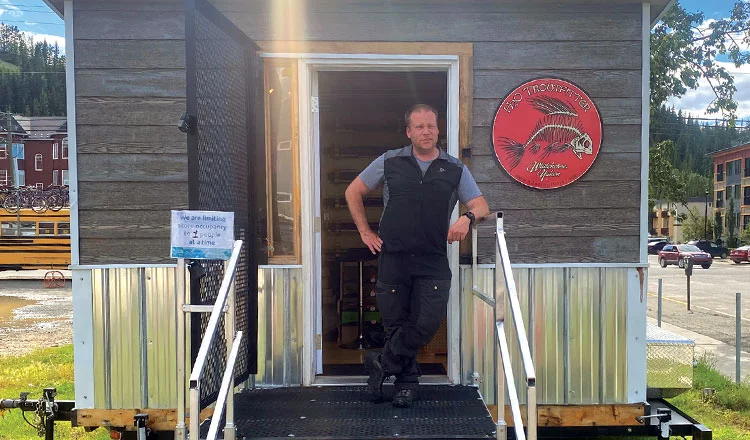Rhiannon Russell: You opened in June 2016. How has the first year of business been?
Luann Baker-Johnson: Absolutely spectacular. The community support is phenomenal. We always thought that this medium is wonderful and almost addictive in nature. It is.
We’ve had over 5,000 people come in here for Hot Dates — that’s a one- or a two-hour session. And Hot Dates can be for a couple or they can be for a family.
In our year, we’ve also had 58 classrooms come in. Over half are creating. But we also do free demos for classes.
The Whitehorse Elementary Grade 2 class has taken advantage of this for its science unit, and I want other schools to do that too for their Grade 2 class. They talk about liquids, solids, and gases and that’s what we have here.
We take an hour to do it and the kids are totally absorbed, listening to how it relates to their studies.
One fellow came in last November and he said we should change our name to the Happiness Factory. That was pretty sweet. We have a Happiness Manifesto in our employees’ manual. It does radiate. It is visible. So it’s a fabulous place to come in and create.
RR: When you were opening Lumel, you talked about wanting to get vulnerable people in the city involved. How have you done that?
LBJ: We thought originally it would be structured, where one day per month would be for the “river walkers.” But Yukoners’ lives aren’t structured — any Yukoner.
That’s why we don’t even have structured classes. From 9:30 in the morning to 9:30 at night, you tell us what you want to do and we fill you in.
So why expect our street people to be structured? So we have an open policy: if you’re feeling good in the morning and you can come in sober, then you create. We have two staff on the bench with each of them. Normally, we have one on one, but with our river walkers, we want two glass blowers with each person. We want everyone to be safe.
So we have it as open as we can. Every single Yukoner should be able to sit down on our bench and play with molten glass.
RR: Where did the name Lumel come from?
LBJ: Most people think it’s for “luminous” but it’s actually me and my high-school sweetheart from F.H. Collins: Lu and Mel.
RR: What sparked your interest in glassblowing?
LBJ: One of our kids died from leukemia. So that’s why I went to school—I went to draw and paint at ACAD [Alberta College of Art and Design]. I saw that I could sign up for first-year glass and that first day, I thought, this is amazing. That’s why I became a glassblower. I’m also a potter. Clay was my comfort and glass was my struggle in the five years I spent at ACAD.
Both are needed for moving through grief — struggle and comfort.
We built this studio with the idea of having some kilns at the back for our local potters that are wood-fired and gas-fired. And a local potter just donated her gas-fired kiln.
So last weekend, I was with a group of potters and we took apart her kiln and moved it. It’s in two big piles at the back of our studio.
Next spring, we’re going to cover all the code issues and have a gas-fired kiln for ceramic pottery.
Arts Underground has electric kilns. They don’t have gas-fired kilns. It’s important that we don’t go into anyone else’s territory and compete.
RR: Is there a deeper meaning or symbolism to glass beyond it being just a pretty piece of art?
LBJ: It’s fire and it’s born through fire. It’s also a struggle to create and I can say that people come to our bench and they walk away totally thrilled. But they’ve also struggled.
And struggle makes us stronger, even though we don’t like it. So that’s a part of it.
There’s always the healing aspect of fire, and whether you’re a mystic or agnostic or atheist, I think we all acknowledge that. The warmth has a power in itself and we all gravitate to it.
You struggle through the heat, you deal with the heat, and you walk away knowing that you’ve manipulated 1,200-degree glass successfully. That’s amazing.
You have to woo it. You learn to woo the material. Struggle and woo. Put the two together and something positive comes of it.
RR: The studio has helped furnish homes for Habitat for Humanity Yukon. Tell me about that.
LBJ: I saw them at a Business After Hours event, and I said to them, “What if Lumel made some glass for every new home?”
It can be functional or it can just be aesthetic. And the family gets to pick what goes into their home.
The two homes we’ve helped with so far both picked three large pendant lights and the families designed them. They picked the colour and shape, and came in and watched them be created.
RR: Were there any challenges that came up along the way or things you learned about running a business?
LBJ: There were many, many challenges. I think I knew there would be challenges. We all knew as a unit that we have to work really, really hard to make this successful.
Mel is still working in Cleveland, Ohio. He came out of retirement. This is a big building and the infrastructure took a lot, financially.
He’s working on a pipeline, bringing natural gas from Ontario to replace coal-fired plants.
Lumel pays everyone in this building a living wage and the artists a degreed wage. [The studio employs seven people.]
We went into this with our eyes wide open. Everyone thought that it would never succeed, but I think we planned solidly and we knew that this was a wonderful medium and that people would come.
There were surprises — like we didn’t realize that because we socially support our community, in turn, people would support (our business). That (community support) was a shock. We didn’t even think of that.
This interview has been edited and condensed for clarity.




